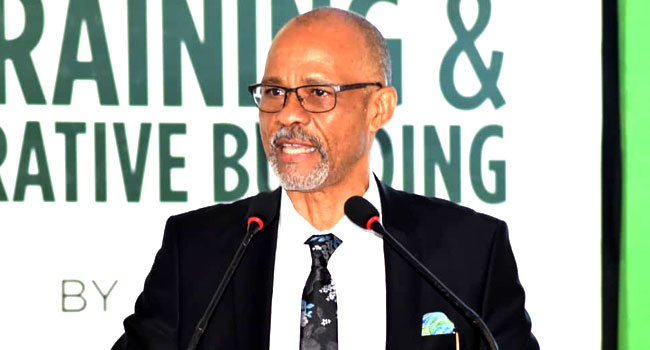Lagos State government on Monday announced that the total number of deaths recorded in the ongoing cholera outbreak has climbed to 29, saying that these were from the 579 patients that were attended to in various healthcare facilities in the state, including General and Private hospitals as well as primary healthcare centres.
The State Commissioner for Health, Prof. Akin Abayomi, made this known while speaking at a press conference, which took place at Alausa, Ikeja, disclosing that the majority of the deaths were due to patients presenting themselves late at the hospitals as they could not be rehydrated anymore, with some of them brought in dead.
Abayomi, however, assured that the state government was in control of the situation, like it happened during the COVID-19 incident, with Governor Babajide Sanwo-Olu also being the Incident Commander this time around, while he serves as the Deputy Incident Commander, adding that treatment of patients remained free in order to slow down transmission of the disease.
This was just as he maintained that the state government was yet to identify the source, saying that efforts were still on to find that out.
“The treatment is free in our hospital and healthcare facilities to slow down the transmission. We go out also to search for the patients and those that the patients might have been in contact with,” he said.
Speaking further, the commissioner recalled that the outbreak, which was first reported early in the month, had slowed down in reported number of cases as at June 22, 2024, with “only one case reported” as of yesterday.
“As at June 22, 2024, the number has tried to come down. As at yesterday, it was only one reported case,” he said.
Abayomi expressed delight that no case had so far been reported in the state school environment since resumption, just as he pointed out that a multi-agency approach was adopted in tackling the menace.
He, however, urged residents to continue to adhere to safe drinking and make sure they cooked their food well before eating, ensuring a hygienic environment, saying that they should also engage in hard washing to ensure that their hands were always clean to curb transmission of the disease.
